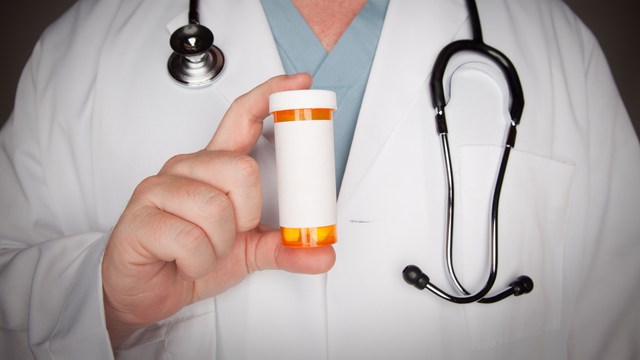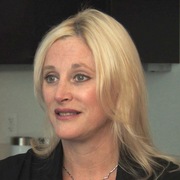Treatment
There is no cure for drug abuse or drug dependence.
There are three main treatment goals:
- To help patients stop using drugs
- To decrease the toxic effects of the drugs being used and to aid in symptoms of drug withdrawal (“detoxification”)
- To prevent relapse
Successful treatment depends on the drug user's recognition of the problem and desire to change. Recovery takes a long time and is not an easy process. Patients may need multiple courses of treatment.
Therapies include:
Medications
Drugs may help alleviate symptoms of withdrawal. In some cases, medication may be ordered to prevent relapse. People addicted to heroin may be given methadone to help taper them off. Methadone may also be given on a long-term basis to improve the chance of staying in treatment. Methadone is a narcotic that blocks cravings as well as the pleasurable effects of heroin and other opiates.
Other drugs that are used in treatment are:
- Naltrexone (eg, ReVia, which blocks the effect of opiates)
- Buprenorphine (eg, Subutex, which is similar to methadone)
Counseling
Therapy raises awareness of underlying issues and lifestyles that promote drug use. It works to improve coping and problem-solving skills and to develop other ways of dealing with stress or pain. Through counseling, a person can learn how to handle situations associated with drug use and replace drug-using activities with other activities that are more meaningful . Family support is encouraged.
Self-help Organizations
There are numerous organizations or support groups dedicated to helping people to stop using drugs. Two examples are Narcotics Anonymous and Cocaine Anonymous. These are 12-step programs and members of these organizations meet regularly to talk about their drug-related troubles. They provide a network of support for each other.
Please be aware that this information is provided to supplement the care provided by your physician. It is neither intended nor implied to be a substitute for professional medical advice. CALL YOUR HEALTHCARE PROVIDER IMMEDIATELY IF YOU THINK YOU MAY HAVE A MEDICAL EMERGENCY. Always seek the advice of your physician or other qualified health provider prior to starting any new treatment or with any questions you may have regarding a medical condition. Copyright © 2024 EBSCO Publishing All rights reserved.
 Drug to Reverse Opioid Overdose FDA Approved for Public Use
Drug to Reverse Opioid Overdose FDA Approved for Public Use










